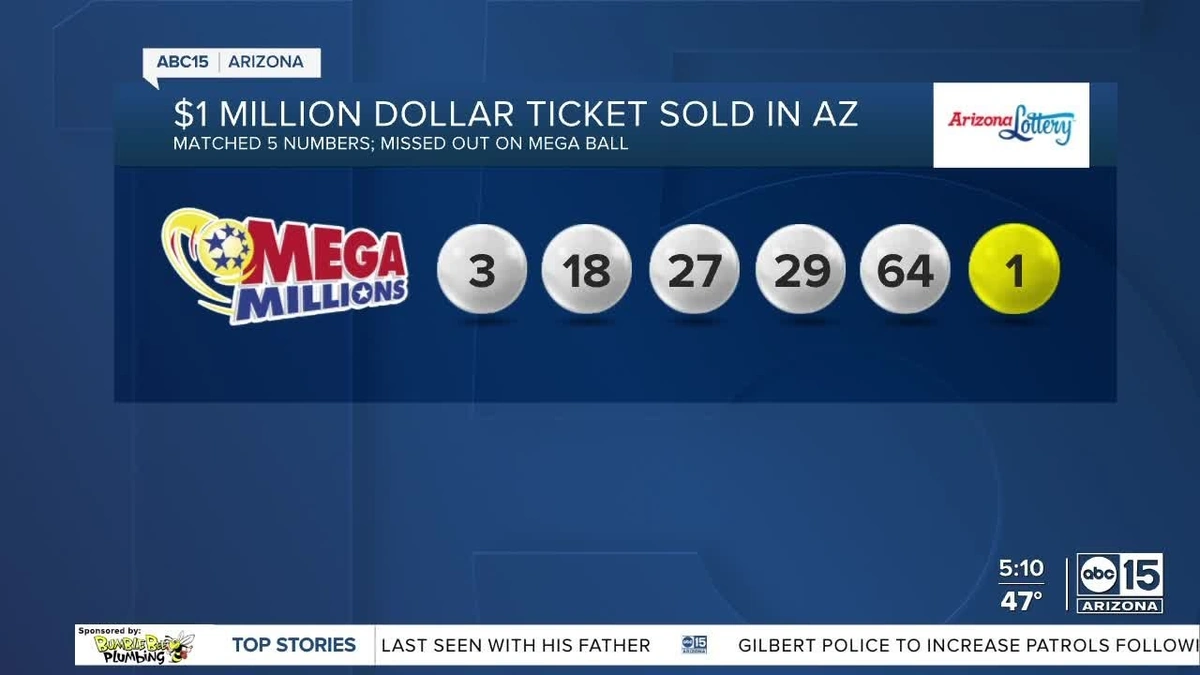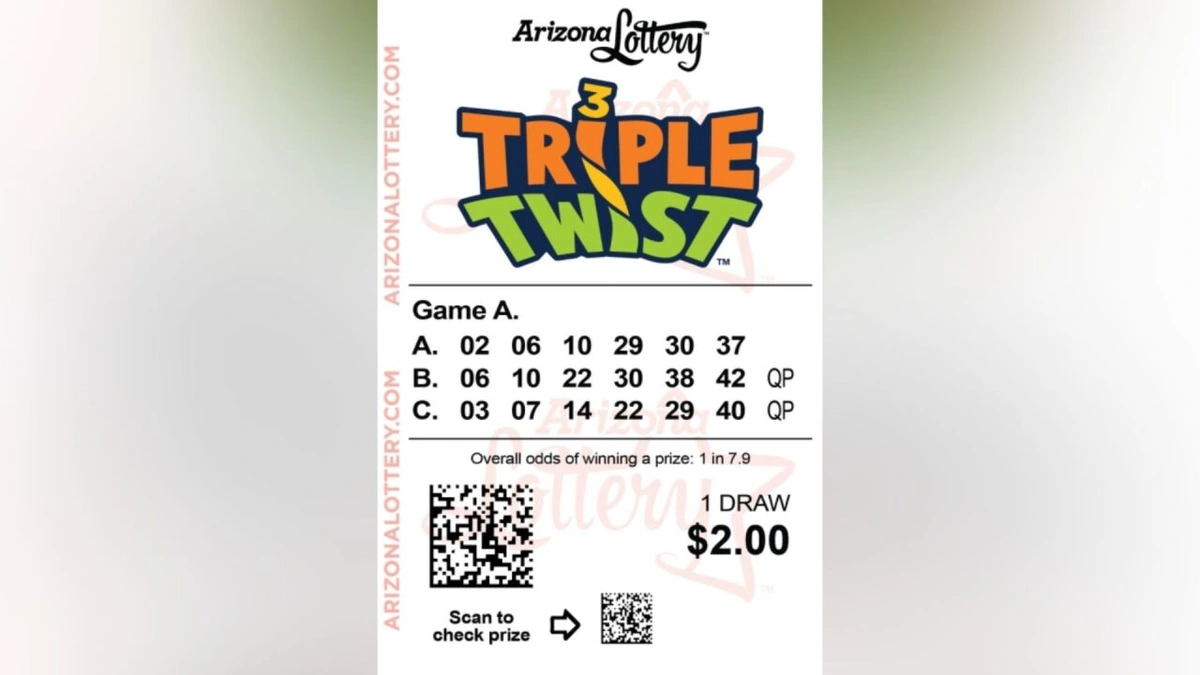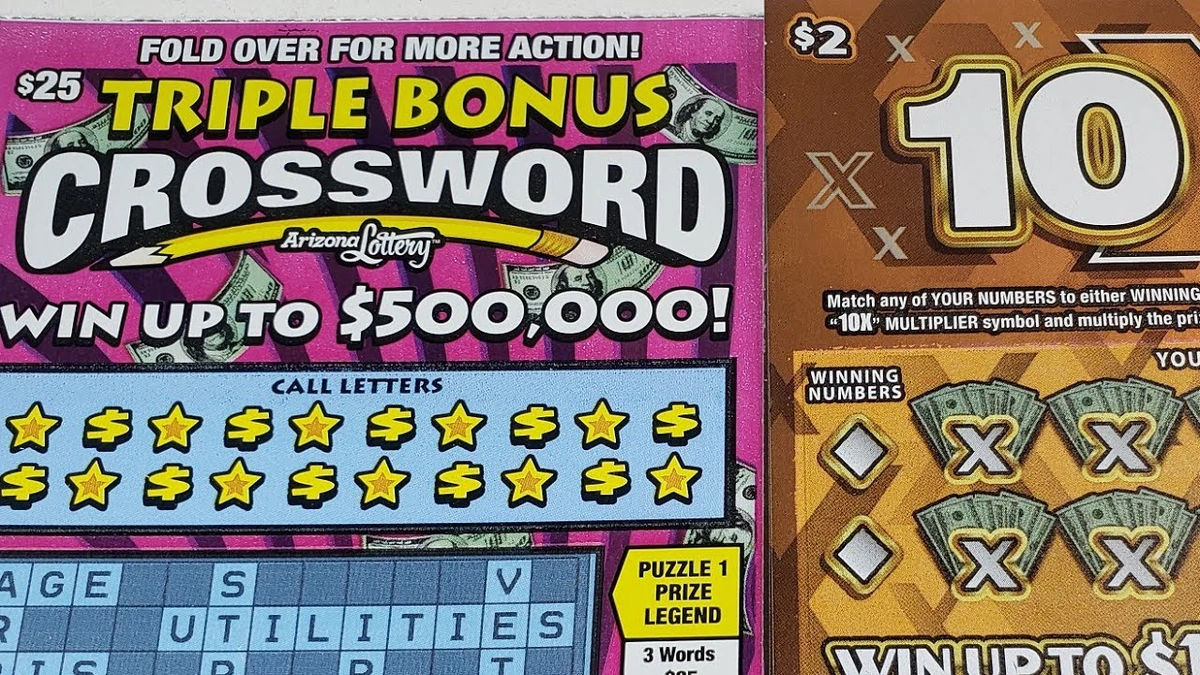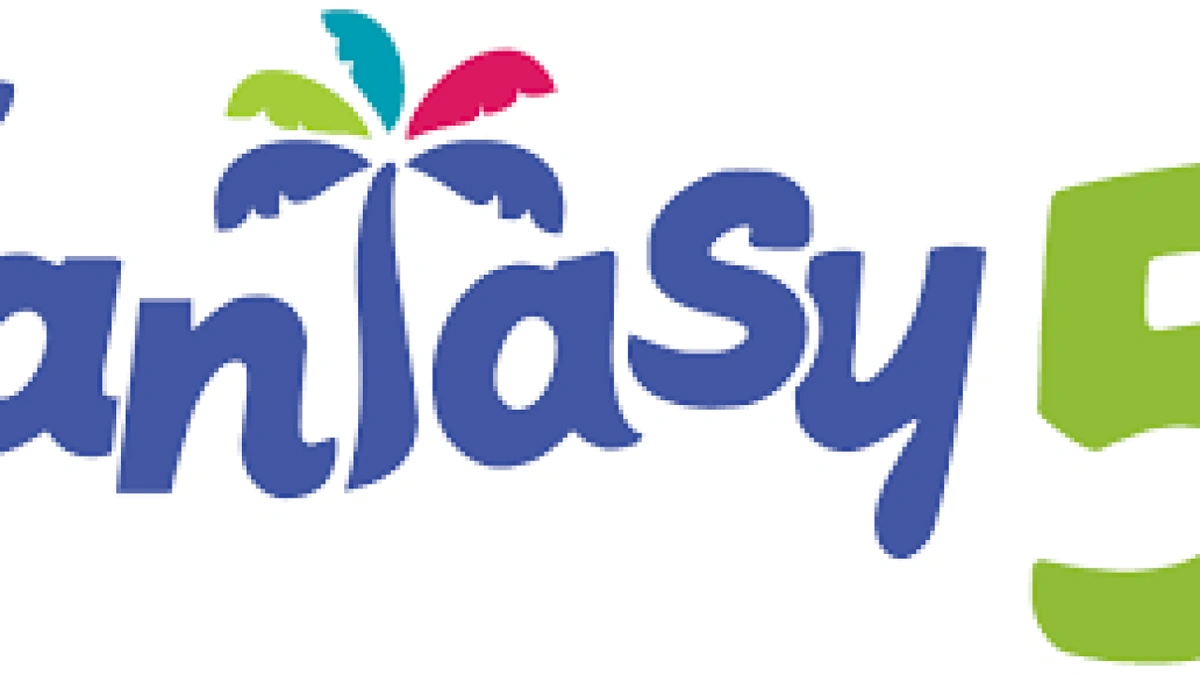Let’s be honest. You’ve been there. You’re standing in line at a Fry’s or a Circle K, grabbing a cold drink, and you see it the Powerball jackpot, glaring at you with a number so absurd it looks like a typo. For just a couple of bucks, you can buy a little piece of that “what if.” What if you never had to worry about bills again? What if you could just… disappear to a beach somewhere?
We all buy into the dream. But have you ever stopped and truly wondered what happens to that $2 bill the second it leaves your hand? It doesn’t just get teleported into a giant vault waiting for a winner.
What fascinates me is that the AZ Lottery is so much more than a game of chance. It’s a massive, state-mandated economic engine, a complex machine humming along in the background of our daily lives. And understanding that machine? Well, it changes how you look at that little slip of paper entirely. So grab your coffee, pull up a chair. Let’s pull back the curtain.
First, Let’s Talk About the Games (Because That’s Why You’re Here, Right?)

Before we get into the nitty-gritty of state funding and public works, let’s cover the basics. The Arizona Lottery isn’t just one big game; it’s a whole menu of ways to try your luck. Think of it like a restaurant with different specials.
You’ve got the big, national headliners: Powerball and Mega Millions . These are the ones with the eye-watering, nine-figure jackpots that make national news. They’re multi-state lotteries, meaning your $2 is pooled with players from all over the country. The odds are astronomical, but the dream is the biggest.
Then there are the homegrown Arizona favorites. The big one is The Pick , Arizona’s very own jackpot game. The odds are significantly better than Powerball (though still a long shot, let’s be real), and all the money stays right here in the state. You also have daily games like Fantasy 5 and Pick 3, which offer smaller, more frequent prizes.
And of course, there are the Scratchers . The instant gratification tickets. I’ve seen people buy these who would never play a drawing-style game. There’s something compelling about knowing right away if you’ve won. They range from $1 tickets with modest prizes to $30 tickets with life-changing potential.
Knowing the menu is step one. But the really interesting part is what happens in the kitchen.
The Billion-Dollar Question | Where Does Your Lottery Dollar Actually Go?

Alright, here’s the core of it. When the Arizona Lottery says it “gives back to Arizona,” that isn’t just some fluffy marketing slogan. It’s a legal mandate. I dug into their official reports, and the breakdown is genuinely surprising.
Imagine your $2 ticket is a small pie. Here’s how it gets sliced, roughly:
- The Biggest Slice (Over 50%): Goes back to the Players. This is the prize money. It has to be the largest portion, or nobody would play. This funds everything from the $4 wins to the hundred-million-dollar jackpots.
- A Healthy Slice (Around 30%): Goes to State Beneficiaries. This is the most important part. That money is specifically earmarked for programs that benefit the public. According to the Arizona Legislature’s reports on lottery funds, this isn’t just a generic slush fund. It goes to specific things like:
- The Mass Transit Fund: Helping fund public transportation in places like Phoenix and Tucson.
- The Heritage Fund: Protecting Arizona’s wildlife, parks, and historical sites. Your losing ticket might have helped maintain a trail you hiked last weekend.
- Economic Development: Supporting initiatives that aim to bring new businesses and jobs to the state.
- Court Appointed Special Advocates (CASA): A program providing volunteers to advocate for abused and neglected children in court.
- A Smaller Slice (Around 7-8%): Goes to Retailer Commissions. That Circle K or Safeway where you bought your ticket? They get a cut for selling it and for cashing out winning tickets. It’s a key incentive for them to carry the games.
- The Final Crumbs (Around 5%): Cover Operational Costs. This pays for the lottery’s administration, marketing, and a hundred other things needed to keep the lights on.
So, when you think about it, you’re not just gambling. You’re making a micro-donation to public programs with a tiny, tiny chance of becoming a millionaire as a thank you. It’s a fascinating model of public funding, really. You could even apply a certain pick lottery strategy , but the community impact remains the same.
The Unspoken Truth | Understanding the Real Odds (And Why We Play Anyway)

I have to be the friend here that brings a dose of reality. The odds of winning the Powerball jackpot are about 1 in 292.2 million. The odds of winning the Mega Millions are even worse, at 1 in 302.6 million. You are, statistically speaking, more likely to be struck by lightning, become a movie star, or be attacked by a shark.
So why do millions of us still play?
It’s not a logical decision. It’s an emotional one. I initially thought it was just about greed, but then I realized it’s more nuanced than that. It’s about hope. For the price of a coffee, you get to spend a few days daydreaming. You get to have conversations with your partner or friends about what you’d do if you won. It’s cheap, accessible entertainment. It’s a participation in a shared cultural event when the jackpot gets huge.
The AZ Lottery isn’t selling a financial plan; it’s selling a feeling. And as long as you treat it that way as a fun “what if” and not a retirement strategy it’s relatively harmless. The moment you start spending money you don’t have is when it becomes a problem.
Tips from a (Friendly) Analyst | Playing Smarter, Not Harder

Having looked at this from all angles, if you are going to play, you might as well be smart about it. This isn’t about magic numbers; it’s about managing your expectations and your money. It’s a concept that holds true whether you’re playing here or looking at the california lottery .
- Set a Budget. Period. Decide what you’re willing to spend for “entertainment” per month—$10? $20?—and stick to it like glue. Never, ever use money meant for bills or savings.
- Always Check Your Tickets. You would be shocked at how much money goes unclaimed every year. Use the official AZ Lottery app or the ticket-checkers at the store. A ticket you think is a loser might be a $100 winner.
- Consider Office Pools. They’re a great way to increase your chances (slightly) without increasing your spending. Just make sure you have a clear agreement in writing about how winnings will be split!
- Play for Fun. This is the most important rule. The second it stops being fun and starts feeling stressful or desperate, it’s time to stop. Your peace of mind is worth more than any jackpot.
Frequently Asked Questions About the AZ Lottery
What if I forgot my application number or lost my ticket?
If you lose a winning ticket, it’s like losing cash and it’s a painful lesson. For draw games, if the ticket is unsigned, whoever finds it can claim it. Always sign the back of your ticket! Forgetting an application number isn’t a concept in the lottery; your ticket is your proof.
Can I remain anonymous if I win big in Arizona?
Yes! This is a huge deal. As per current Arizona law, winners of $100,000 or more can elect to keep their name permanently confidential. For prizes between $600 and $99,999, your name is confidential for 90 days after you claim your prize , and then it becomes public record unless you’ve won a larger prize in the past and already requested anonymity.
How old do you have to be to play the AZ Lottery?
You must be 21 years or older to purchase lottery tickets in Arizona. This is stricter than many other states, which have an age limit of 18.
Where can I check the latest Arizona lottery winning numbers?
The most reliable place is the official Arizona Lottery website (arizonalottery.com). Most local news outlets also publish the winning numbers after the drawings. You can also use the official app to scan your tickets directly.
What’s the best way to claim a prize?
For prizes up to $599, you can claim them at any authorized lottery retailer. For prizes of $600 or more, you’ll need to fill out a claim form and either mail it in or visit a lottery office in Phoenix or Tucson. For jackpots, you’ll definitely be making a trip to the Phoenix office!
So, the next time you hand over a couple of dollars for a Powerball ticket, take a second to think about its journey. It’s not just a shot at a new life for you; it’s a tiny, tangible investment in a hiking trail, a public bus, or a non-profit helping kids in your community.
Whether you win or lose, that money is already at work. And in a way, that makes every ticket just a little bit of a winner.




